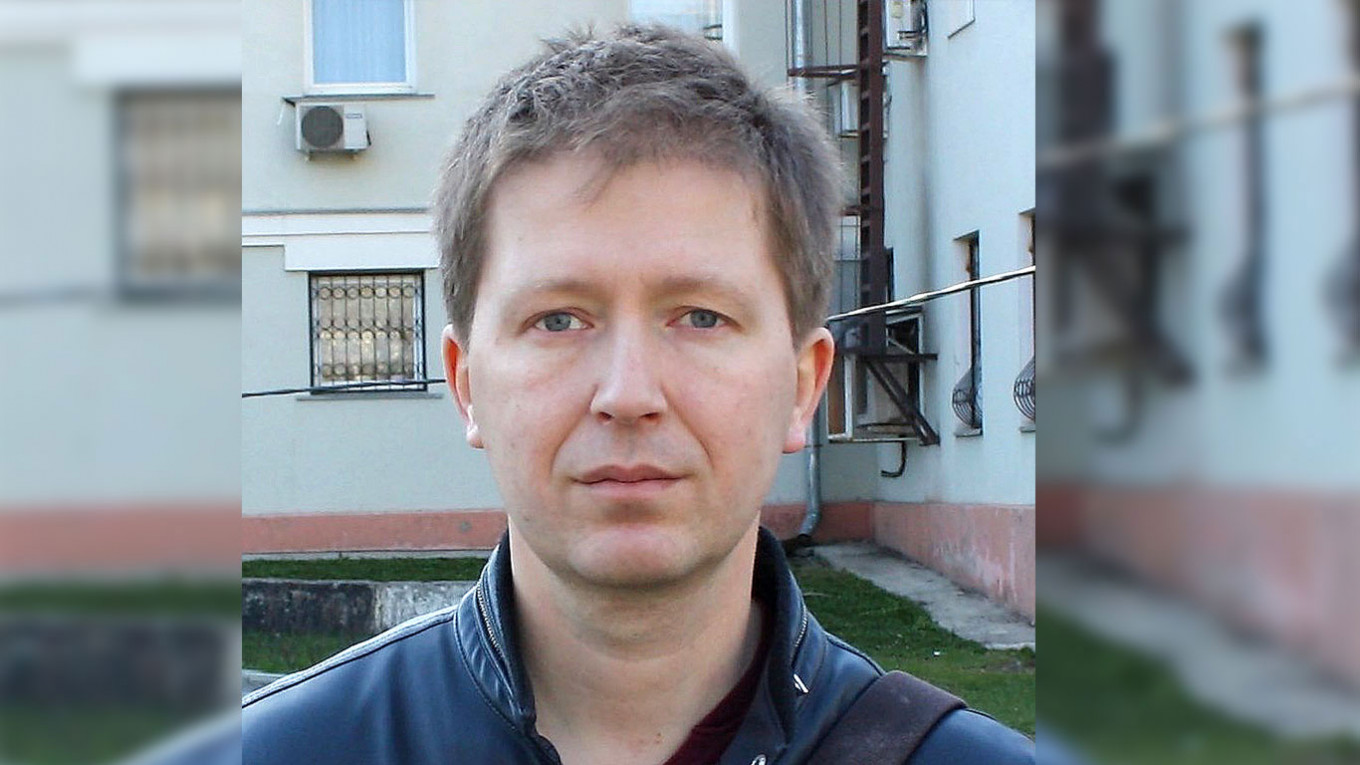
Russian authorities have placed Andrei Soldatov, one of the country’s leading independent investigative journalists and security services experts, on the federal wanted list.
Soldatov found out a criminal case had been opened against him on Monday after two Russia-based banks notified him that his accounts were frozen and he subsequently found himself in the federal wanted database. Though the case was opened on March 17, he’d received no official notification.
While he still does not know the precise details of the case against him, Soldatov told The Moscow Times by phone that the news did not come as a complete surprise given the growing pressure he and his team have felt from the authorities in recent weeks.
Together with colleague Irina Borogan, Soldatov is the leading expert on Russia’s security services.
Since the start of Russia’s invasion of Ukraine, the two have publicized multiple accounts of purges and disorder within Russia’s Federal Security Service (FSB) — which, Soldatov says, the authorities have been working tirelessly to “disavow.”
“I couldn’t predict what would happen precisely, but it was clear that for the FSB, it is important that this information about something being wrong within the FSB must simply disappear,” Soldatov said.
Soldatov is the third Russian journalist to appear on the country’s federal wanted list over the past month as it cracks down on independent voices amid its war in Ukraine.
In May, a Moscow court ordered the arrests in absentia of journalist Michael Nacke and Conflict Intelligence Team founder Ruslan Leviev, who both stand accused of spreading “fake” information on Russia’s invasion of Ukraine.
The numbers on Soldatov’s database entry suggest that he might face charges similar to those of Nacke and Leviev. But he said it’s unclear whether his case will ultimately have some “unique features.”
While Soldatov is currently residing outside of Russia, he said the arrest warrant means that he cannot travel freely to some countries due to the risk of cross-border detention.
“The situation with bank accounts is also unpleasant,” Soldatov said.
“When you find out that each of your accounts shows a negative balance of $80,000 […] that makes you feel a bit pressured.”
Editors’ note: Soldatov is a regular contributor to The Moscow Times’ Opinion section.